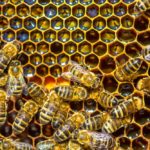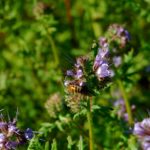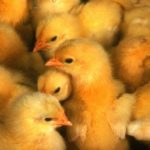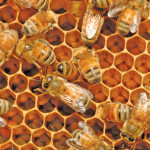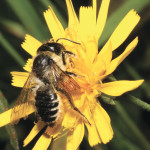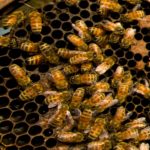Despite the bad reputation that bees and other pollinators sometimes have, they represent an exclusive club. One of a bee’s most important jobs is that of a pollinator. This is an exclusive club of animals that assists plants in their reproduction as pollinators, that includes species of ants, bats, bees, beetles, birds, butterflies, flies, moths




